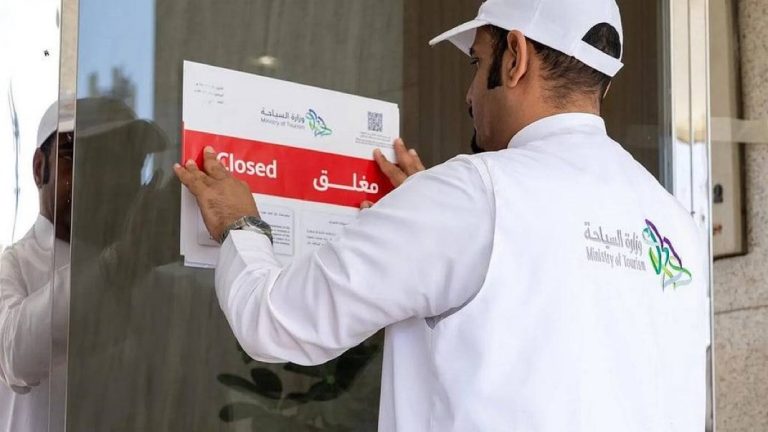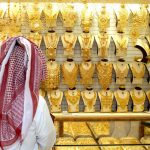79 Hospitality Facilities in Makkah and Madinah Penalized for Violations

In a decisive move to uphold tourism regulations, the Ministry of Tourism has imposed fines totaling SR 500,000 on 79 hospitality facilities across Makkah and Madinah for violating closure orders.
This action comes during the critical first two weeks of Ramadan, a time when the influx of visitors and pilgrims significantly increases. Of the penalized facilities, 58 are located in Makkah, while 21 are in Madinah.
For more updates, connect with us on WhatsApp!
The ministry’s enforcement stems from instances where these establishments resumed operations without the required licenses, directly contravening the issued closure orders.
To ensure compliance, the Ministry of Tourism has conducted a thorough survey of all closed hospitality facilities, reaffirming its commitment to maintaining high standards in the tourism sector.
The penalties for non-compliance can be severe, potentially reaching SR 1 million, along with possible closure of the establishments.
The ministry emphasizes that the enforcement of closure orders is immediate, coordinated with regional authorities and security forces to facilitate swift evacuations and daily inspections of the affected facilities.
This proactive approach aims to safeguard the integrity of the hospitality sector and enhance the overall experience for visitors.
Operators of tourist facilities are encouraged to familiarize themselves with the Tourism Law and its associated regulations.
The ministry offers electronic services for license issuance, making it easier for hospitality providers to meet legal requirements.
As the holy month of Ramadan progresses, the Ministry of Tourism continues to stress the importance of compliance, ensuring that all establishments contribute positively to the welcoming atmosphere that Makkah and Madinah are known for.
For more updates, connect with us on WhatsApp!
Read more
Khaleej Times







